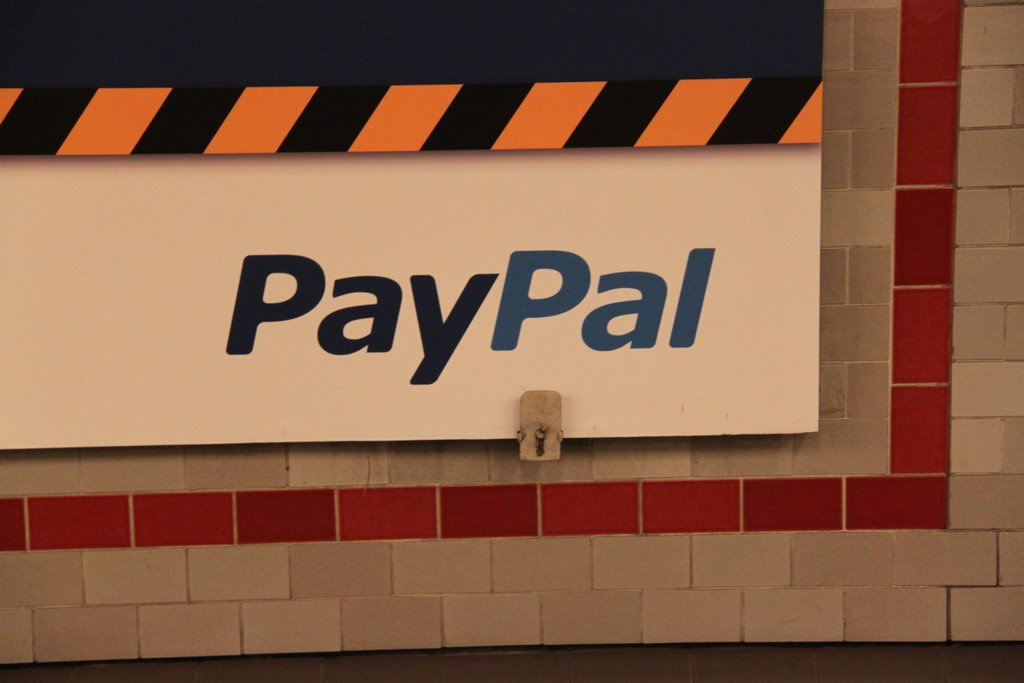FCC Says PayPal’s New User Agreement Violates Anti-Robocall Rules
The letter [PDF], sent by the chief of the FCC’s Enforcement Bureau to PayPal’s general counsel, says the Commission is concerned that the amendments to the existing agreement “may violate federal laws governing the use of autodialed, prerecorded, and artificial voice calls, including text messages.”
The revised PayPal agreement, which kicks in on July 1, expands the company’s authority to contact users with autodialed, pre-recorded calls to “any telephone number that you have provided us or that we have otherwise obtained.” It also broadens the scope of acceptable reasons for the company to robocall or spam-text you, all without providing any way to opt out.
“If PayPal plans to make autodialed, prerecorded, or artificial voice calls or text messages to its customers, please be aware that federal law places strict limits on such communications,” reads the letter from the FCC, which describes prerecorded marketing calls as a “greater nuisance and invasion of privacy than live solicitation calls,” and that “can be costly and inconvenient” for consumers.
The FCC reminds PayPal that before a company makes one of these calls, it “must obtain the prior express written consent of the recipients,” and if the call is anything other than telemarketing, PayPal “must also get prior express consent (either oral or written) for such calls to wireless phones.”
There are very specific requirements for meeting the “prior written consent” standard, like that it must be in writing; must bear the signature of the person who will receive these messages; must include the telephone number to which the company will be authorized to make these calls.
Most importantly, “The person signing the agreement is not required to sign the agreement (directly or indirectly), or agree to enter into such an agreement as a condition of purchasing any property, goods, or services.”
Given that accepting the PayPal user agreement is a simple yes/no affair, and choosing “no” means you can’t use PayPal, the FCC believes the company may be in violation of the Telephone Consumer Protection Act.
If PayPal fails to update its agreement to let customers know they can opt out, or fails to allow users to opt out, the company could face penalties of up to $16,000 per call or text message.
There’s also the matter of being able to robocall users on “any telephone number that you have provided us or that we have otherwise obtained.”
The FCC says this “does not meet the level of specificity required by law.”
“Consumers have the right to choose on which line(s) they wish to receive telemarketing or advertising calls, if they elect to receive such calls at all,” explains the letter.
After news broke about the PayPal user agreement changes, the company wrote a blog post explaining that you can opt out of these robocalls after the fact by going to this website.
To us, because the opt out happens after you sign the agreement and is not spelled out in the agreement, this still seems to fall short of the prohibition against requiring a consumer to consent to receive autodialed telemarketing or advertising calls as a condition of purchasing any property, good, or service.
Interestingly, in PayPal’s blog post, the company says there is nothing really new about its user agreement, which may be an unintended admission that the company could possibly have been violating the TCPA for quite some time.
Want more consumer news? Visit our parent organization, Consumer Reports, for the latest on scams, recalls, and other consumer issues.


